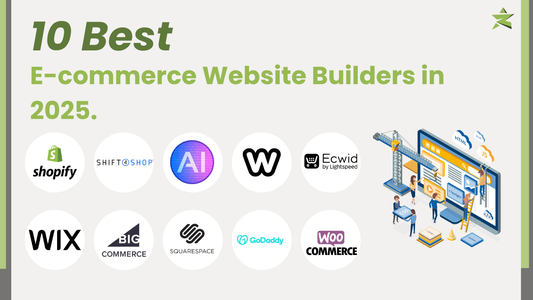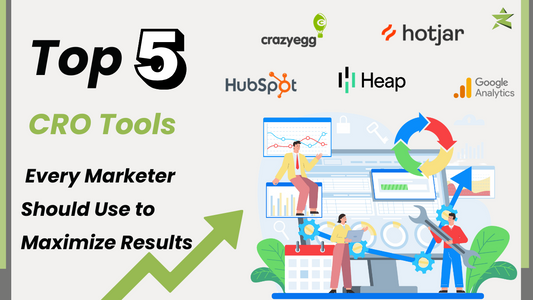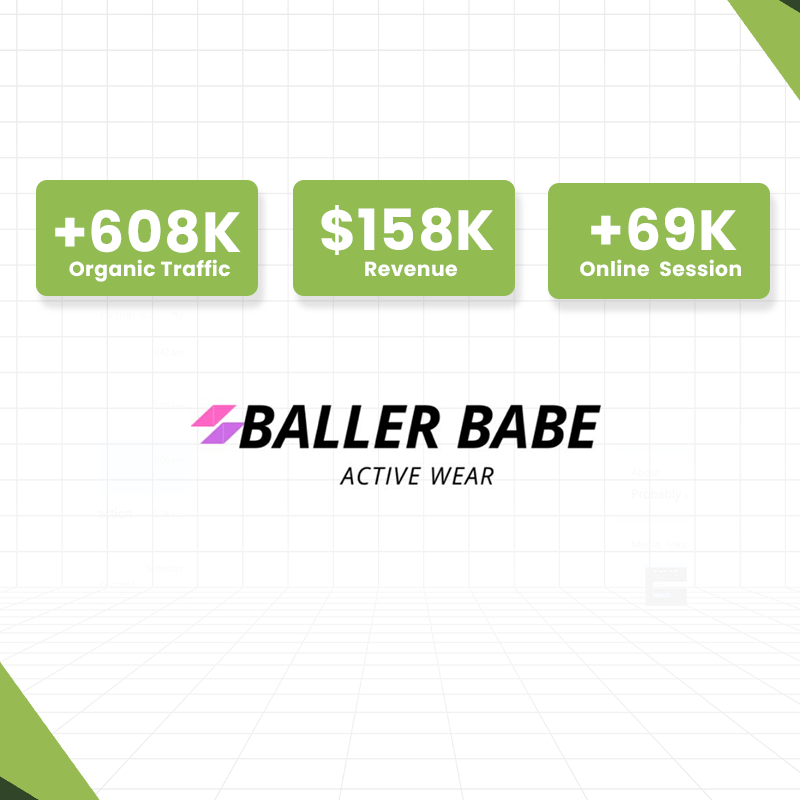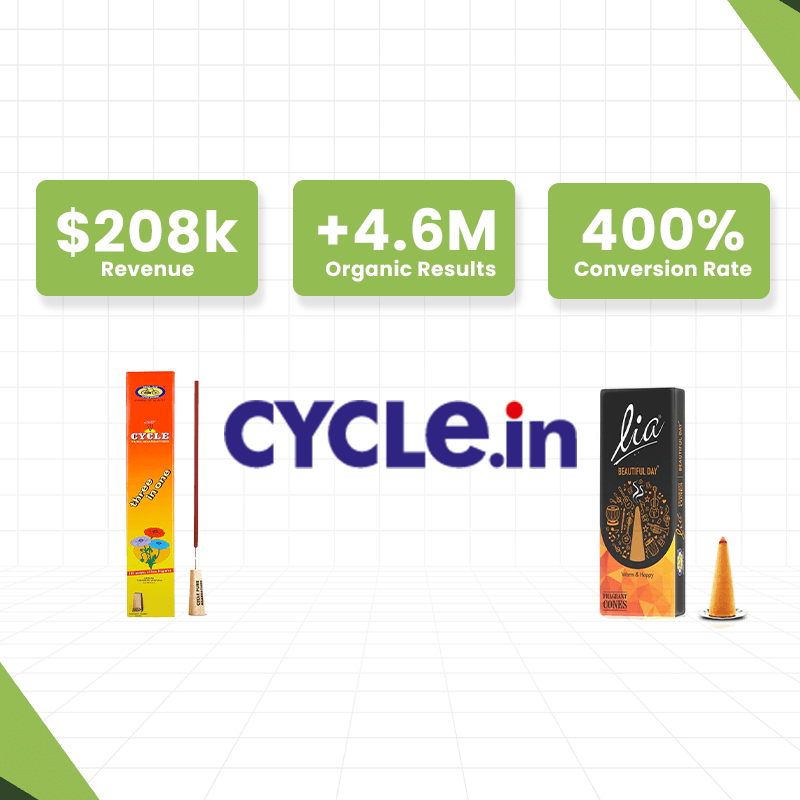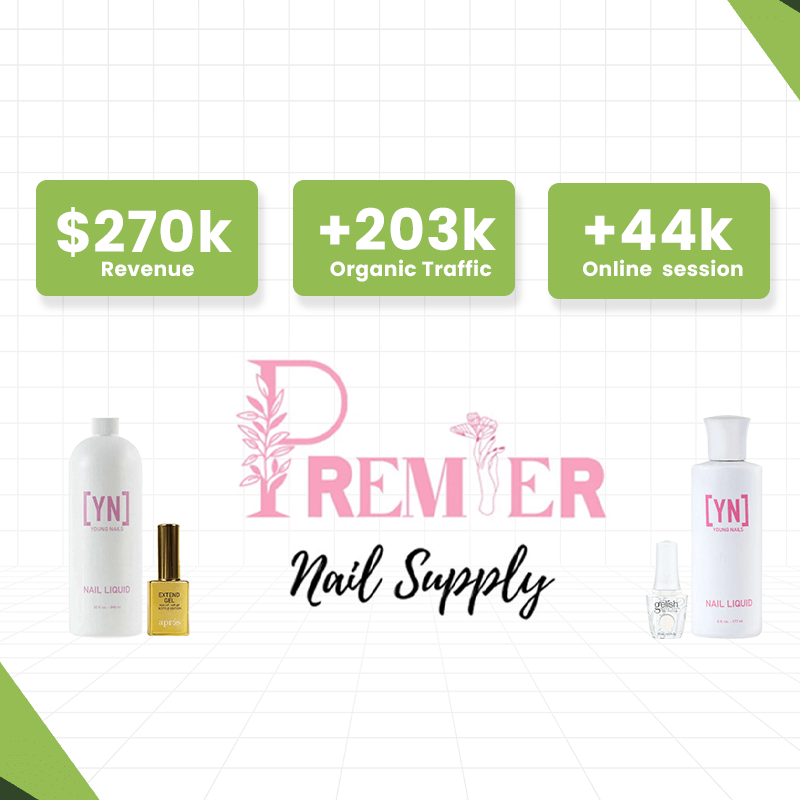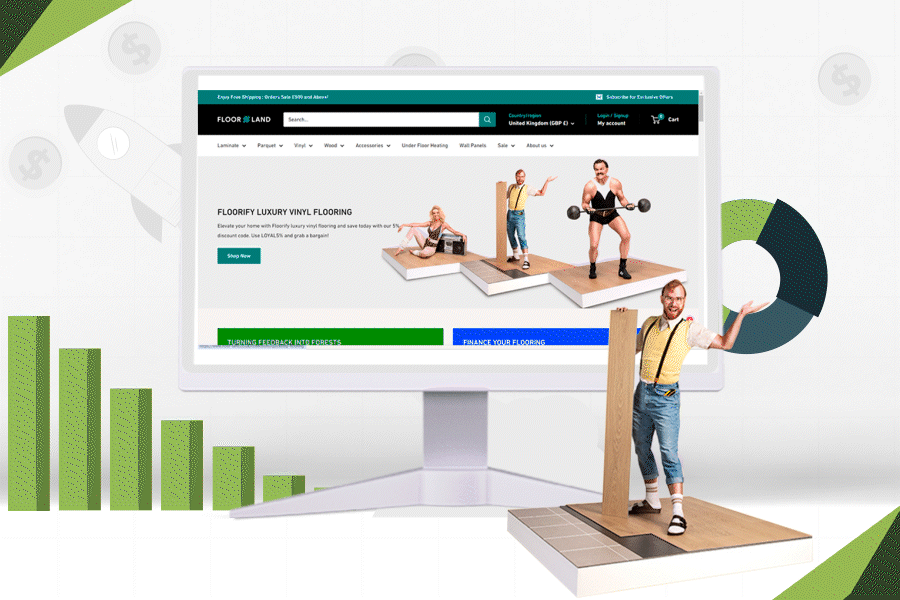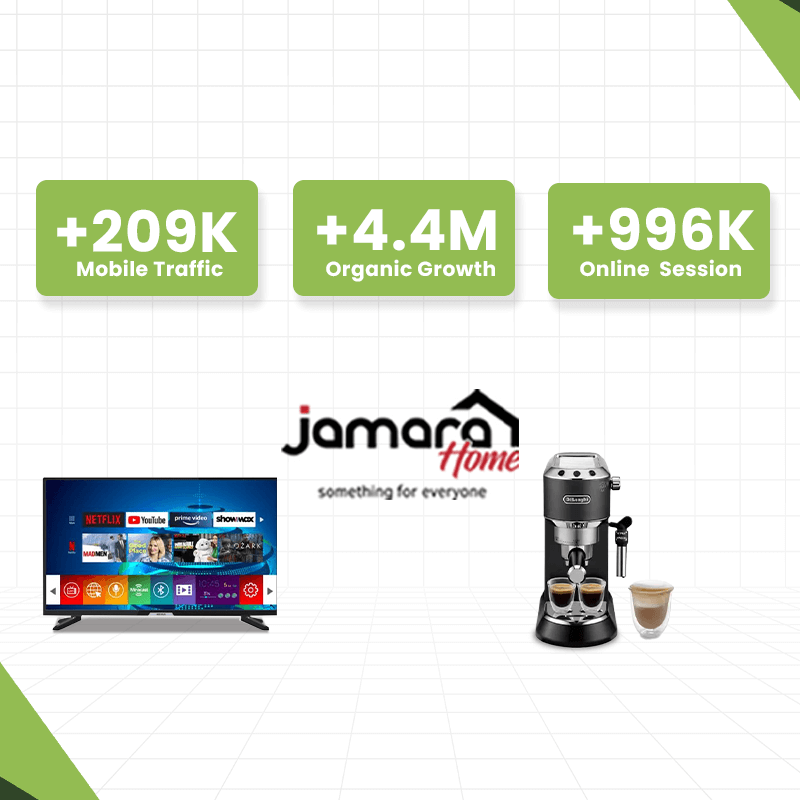In the world of e-commerce, starting your online store can seem daunting, especially when it comes to costs. If you're considering Shopify, you might be wondering if you can truly set up your e-commerce shop for free. While Shopify does offer a free trial, the path to launching a fully functional store requires some financial commitment. Here’s a breakdown of what you can expect.
Understanding the Shopify Free Trial

Shopify offers a 3-day free trial to help users explore the platform. This trial allows you to dive into all the features, but it's important to note that you cannot sell products during this period. It serves as an opportunity for you to build and optimize your store, but ultimately, if you want to sell, you’ll need to transition to a paid plan.
What Happens After the Free Trial?
Once your 3-day free trial expires, you must choose from several pricing plans to continue operating your store. Fortunately, Shopify offers an attractive introductory offer: just 1 euro per month for the first three months on any plan. This allows you to continue exploring Shopify’s capabilities while preparing for your e-commerce launch.
Can You Build Your Store for Free?

While the free trial enables you to set up your store, it does not allow for actual sales. During this period, you can:
- Design your website layout
- Create product pages and descriptions
- Set up categories and collections
- Configure payment and shipping methods
However, once the trial is over, selecting a paid plan is mandatory to keep your store active and operational.
Exploring Shopify Starter
For those looking for a budget-friendly option, Shopify Starter allows you to start selling online for just 5 euros per month. This plan includes essential features like unlimited product pages and a secure checkout process, but customization options are limited. It’s an excellent option for new merchants looking to test the waters without a significant investment.
Alternatives to Shopify
If you're not ready to commit to Shopify or are looking for lower-cost alternatives, several options exist:
- Marketplaces: Selling on platforms like Amazon or Etsy can help you tap into established traffic, though be prepared for commission fees that can reach up to 20%.
- Wix: Ideal for small e-commerce sites, Wix offers a free version but requires a subscription for full e-commerce features, starting at 24 euros per month.
- Jimdo: This software provides a user-friendly interface for selling online with no commission fees, starting at 15 euros per month.
- Social Media Selling: Platforms like Instagram and Facebook offer shopping features that allow you to showcase your products. However, effective social selling often requires investment in advertising.
Conclusion: The Cost of Launching Your E-Commerce Store
In summary, while you can start building your e-commerce shop on Shopify for free, actual sales will require selecting a paid plan. The 3-day free trial and the 1 euro per month introductory offer are great ways to explore Shopify's features. However, if you're looking for free alternatives, consider marketplaces or social media platforms to promote and sell your products.
Creating a successful e-commerce business involves careful planning and investment, but with the right tools and strategies, you can set yourself up for success in the digital marketplace. Whether you choose Shopify or another platform, the important thing is to start building your brand today!



